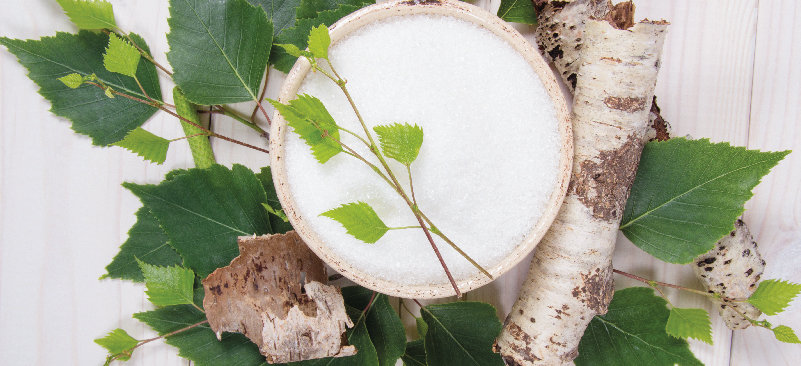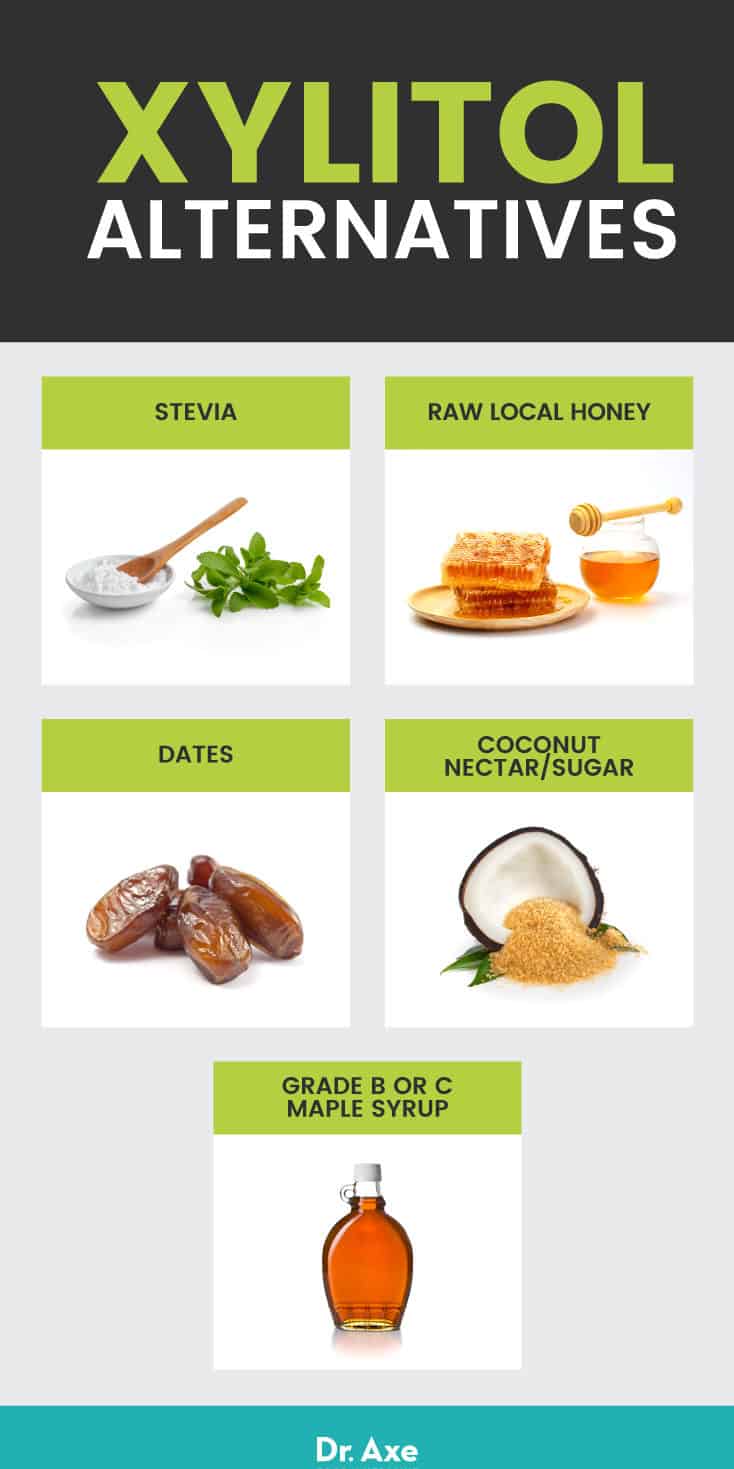This Dr. Axe content is medically reviewed or fact checked to ensure factually accurate information.
With strict editorial sourcing guidelines, we only link to academic research institutions, reputable media sites and, when research is available, medically peer-reviewed studies. Note that the numbers in parentheses (1, 2, etc.) are clickable links to these studies.
The information in our articles is NOT intended to replace a one-on-one relationship with a qualified health care professional and is not intended as medical advice.
This article is based on scientific evidence, written by experts and fact checked by our trained editorial staff. Note that the numbers in parentheses (1, 2, etc.) are clickable links to medically peer-reviewed studies.
Our team includes licensed nutritionists and dietitians, certified health education specialists, as well as certified strength and conditioning specialists, personal trainers and corrective exercise specialists. Our team aims to be not only thorough with its research, but also objective and unbiased.
The information in our articles is NOT intended to replace a one-on-one relationship with a qualified health care professional and is not intended as medical advice.
Xylitol Benefits vs. Dangers for This Popular Sugar Substitute
October 4, 2023

If reading food labels is part of your shopping experience, you may have come across the mysterious ingredient called xylitol. What is xylitol exactly, and is it good for you?
Although it’s reported by manufactures as being “all natural,” few suspect it’s actually a healthy ingredient, especially when consumed in large amounts. Unfortunately, natural doesn’t always mean “good for you,” or even “non-toxic.”
To make matter worse, reports on the Internet about xylitol have been anything but clear, since research hasn’t proven whether it’s necessarily dangerous or beneficial. For example, benefits of xylitol include both oral and dental health, but it can also trigger digestive issues, including diarrhea.
Why is this the case? The key lies in understanding what xylitol is.
What Is Xylitol?
Xylitol is considered a “sugar alcohol” because it has a chemical structure that’s similar to both sugars and alcohol, but it’s technically neither of these in the way we usually think of them. It’s in fact a type of low-digestible carbohydrate that includes fiber.
What is xylitol made from? It’s a crystalline alcohol and a derivative of xylose — a crystalline aldose sugar that is not digestible by the bacteria in our digestive systems.
It’s usually produced in a lab from xylose but also comes from the bark of the birch tree, the xylan plant, and in very small quantities is found in some fruits and vegetables (like plums, strawberries, cauliflower and pumpkin).
Does xylitol have calories? Although it has a sweet taste, which is why it’s used as a sugar substitute, it doesn’t contain any cane/table sugar and also has fewer calories than traditional sweeteners.
It’s about 40 percent lower in calories than regular sugar, providing about 10 calories per teaspoon. (Sugar provides about 16 per teaspoon.) It has a similar appearance to sugar and can be used in the same ways.
Normally when foods are eaten and digested, the vitamins, minerals and other substances in the food are absorbed into the bloodstream in the small intestine. However, when chemical compounds like xylitol are consumed, the body cannot utilize them, so they travel through your gastrointestinal tract relatively unscathed.
Sometimes, these chemicals can react with other foods that you eat, or enzymes that your pancreas produces or other “gastric juices,” and cause complications. In the case of xylitol, this is generally experienced as gastrointestinal disturbances.
Is this product truly “natural”? Xylose, not xylitol, is naturally obtained from bark of the birch tree and from certain fruits.
Yet, just because something is “natural” doesn’t mean that it is good for you. For example, starting in the 1950s, research has shown that:
- Single-stomach animals are unable to properly metabolize xylose.
- People who eat foods with xylose may experience digestive issues, like gas, bloating and diarrhea.
- Liver evaluation suggests that xylose gets stored in the body.
Products That Use It
- sugar-free chewing gum and mints
- ice cream
- hard sucking candies
- chocolate
- baked goods/desserts
- table syrups
- jams and jellies
- cough syrup and some vitamins
- nut butters
- powder/granulated sugar substitutes
- some supplements and nasal sprays
- toothpastes and mouthwashes
Potential Health Benefits
1. May Help Improve Dental Health
Although consuming this ingredient can put you at risk for digestive issues, one potential xylitol benefit seems to be its ability to improve oral health.
This appears to be widely held by most health care professionals and dentists. In fact, the dental community is one of its biggest supports of xylitol because of its reported ability to prevent cavities.
For example, according to a study published in the Journal of Dental Education, “The replacement of sucrose with sorbitol and xylitol may significantly decrease the incidence of dental caries.”
Research tells us that xylitol may be able to help prevent cavities because it cannot be metabolized by plaque bacteria, unlike other forms of sugar. This means that it can have beneficial effects on the oral flora (microbes living in your mouth) not shared by other sweeteners.
Because mouth bacteria can’t use xylitol as a source of energy, it may help prevent tooth decay (such as bacteria like Streptococcus mutans) and the buildup of plaque on your teeth.
Interesting, there are conflicting reports, and we cannot jump to the conclusion that xylitol is completely effective at keeping cavities at bay. In the words of a frequently cited review in the journal Caries Research, “There is no evidence for a caries-therapeutic effect of xylitol,”which makes us wonder what side of the coin to believe.
Overall, sugar-free xylitol chewing gum and the amount used to sweeten toothpaste or mouthwash seem to be relatively harmless, but it’s still not recommended to consume this ingredient in large amounts from foods.
2. Can Be Used While on a Low-Sugar/Low-Carb Diet
This ingredient doesn’t contain any fructose and does not stimulate the release of insulin from the pancreas. This means it will not cause a significant impact on your blood sugar and insulin levels.
Can you use xylitol on the keto diet? Yes — among other low-calorie sweeteners, such as stevia, it’s found in many low-carb products since it can help keep sugar intake low and works as a keto sweetener.
While xylitol does provide a few carbohydrates and a low amount of calories, these shouldn’t interfere with your ability to stay in ketosis, assuming you don’t eat it in large amounts.
Comparison to Other Sugar Substitutes
Xylitol has some similarities to other “natural” or alternative sweeteners, including kinds called:
- Erythritol
- Isomalt
- Lactitol
- Maltitol
- Mannitol
- Sorbitol
Xylitol vs. Stevia
Stevia is an herbal plant that belongs to the Asteraceae family. The stevia plant has been used for over 1,500 years by the Guaraní people of Brazil and Paraguay.
Is xylitol or stevia better? While the message is a little cloudy about xylitol side effects, of the innumerable scientific papers referencing stevia, one message is clear: It is safe and effective.
As stated in a critical evaluation, stevia “has a low glycemic index and, in the doses tested, is not cytotoxic nor has acute or chronic effect on blood sugar, which makes it a safe sweetener.”
However, in spite of being a natural herb, not all stevia products on the shelves are created equal. In fact, in some of the more inferior brands, what they advertise as stevia isn’t even 100 percent stevia. It is cut with xylitol and less desirable fillers like dextrose and sugar.
Xylitol vs. Erythritol
Both of these products are sugar alcohols (also called reduced-calorie sweeteners). The main difference is that xylitol does contain some calories (it’s not zero-calorie like erythritol) but less than sugar.
Xylitol also has a small impact on blood sugar levels, while erythritol does not have any impact, making it more suitable for diabetics.
Because xylitol can cause diarrhea in some people, especially when used in large amounts, this is one reason why some people prefer erythritol.

Dangers
How much xylitol appears to be safe to ingest? An optimal dosage has not been set, but taking more than 30–40 grams is linked with negative health effects.
Xylitol poisoning is relatively unheard of in humans, and even when xylitol harmful effects occur they are generally minimal for most people.
Below are some of the reasons that sugar alcohols like xylitol are not recommended by some experts for human consumption:
1. Digestive concerns
Sugar alcohols are notorious for triggering GI issues because they pull water into your intestine and also get fermented by gut bacteria. Because the body cannot digest this substance properly, the non-metabolized portion ferments and creates a favorable environment for harmful bacteria to colonize.
This can exacerbate yeast problems and cause digestive issues, like constipation, gas/bloating and diarrhea.
2. Blood sugar issues
Although it has less of an impact than cane sugar, it has been reported that sugar alcohols can raise blood glucose levels, which suggests that diabetics shouldn’t consume it.
This may seem odd to most people, as many doctors recommend that people use it to replace sugar because it’s relatively low on the glycemic index.
3. Potential weight gain
Next to minor GI complaints, weight gain is the most heavily researched side effect to consuming xylitol and other artificial sweeteners.
According to Harvard Medical School experts, “Research raises concern that [alternative] sweeteners may do the opposite and actually promote weight gain. How so? Sweeteners are extremely sweet — hundreds to thousands of times sweeter than table sugar.”
What happens is people who consume sweeteners habitually become desensitized to sweetness so much so that unsweetened, healthy foods become unappetizing. This can lead to a less healthy diet, avoiding foods that provide satiety and instead filling up on empty, unhealthy calories from sweetened products.
4. Other side effects
According to one report, the key to avoiding xylitol problems is only consuming a low dosage. Xylitol side effects when exceeding 40–50 grams per day can include:
- nausea
- bloating
- borborygmi (rumbling sounds of gas moving through the intestine)
- colic
- diarrhea
- increased bowel movements
Some authorities also have concern about the lengthy industrialization process that is used to manufacture this product. Currently, most xylitol is produced by “hydrogenating” xylose, a chemical process that treats a compound with hydrogen usually with a catalyst, such as nickel.
At this point, there is no research proving that the process used to create xylitol is harmful, but there are known concerns regarding consumption of hydrogenated foods and also nickel.
Is Xylitol Bad for Dogs?
Xylitol can be “extremely toxic to dogs,” according to VCA Animal Hospitals.
Why is xylitol dangerous for dogs? When non-primate species consume this substance, it’s absorbed into the bloodstream quickly and releases a potent amount of insulin from the pancreas. This fast release of insulin results in a quick decrease in the level of blood sugar (hypoglycemia), an effect that occurs within 10–60 minutes of eating the xylitol.
Untreated, this hypoglycemia can be life threatening.
In addition to causing hypoglycemia in pets, other symptoms of xylitol poisoning can include vomiting, decreased activity, staggering, collapse and seizures.
In July, 2019 the FDA issued a warning to pet owners regarding the dangers of dogs and other pets consuming xylitol. The FDA’s goal was to raise awareness for pet owners in hopes of them being more careful about exposing their pets to xylitol products like chewing gum, candies and toothpaste.
In addition to keeping gum with xylitol away from pets, be sure to read your pet’s food labels, and never feed pets your table scraps if they have xylitol in them.
Final Thoughts
- What is xylitol and is it safe? Xylitol is a sweetener that is marketed as being natural and low-calorie. It’s a sugar alcohol, which is a low-digestible carbohydrate that resists being fully broken down by bacteria in the digestive system
- It has been reported that xylitol can raise blood glucose levels, which suggests that diabetics shouldn’t consume it.
- Xylitol side effects also include constipation, gas, bloating, diarrhea, nausea, borborygmi, colic, increased bowel movements and weight gain.
- Potential xylitol benefits including aiding in oral health, since some research shows it does have the ability to prevent cavities.
- Overall, it seems relatively safe to consume chewing gum with xylitol or some from toothpaste or mouthwash, but it’s probably best to avoid consuming other xylitol products in large amounts.
- If you’re concerned about its negative effects, you may want to use other natural sweeteners like stevia, raw honey, dates, coconut nectar, coconut sugar and maple syrup.










